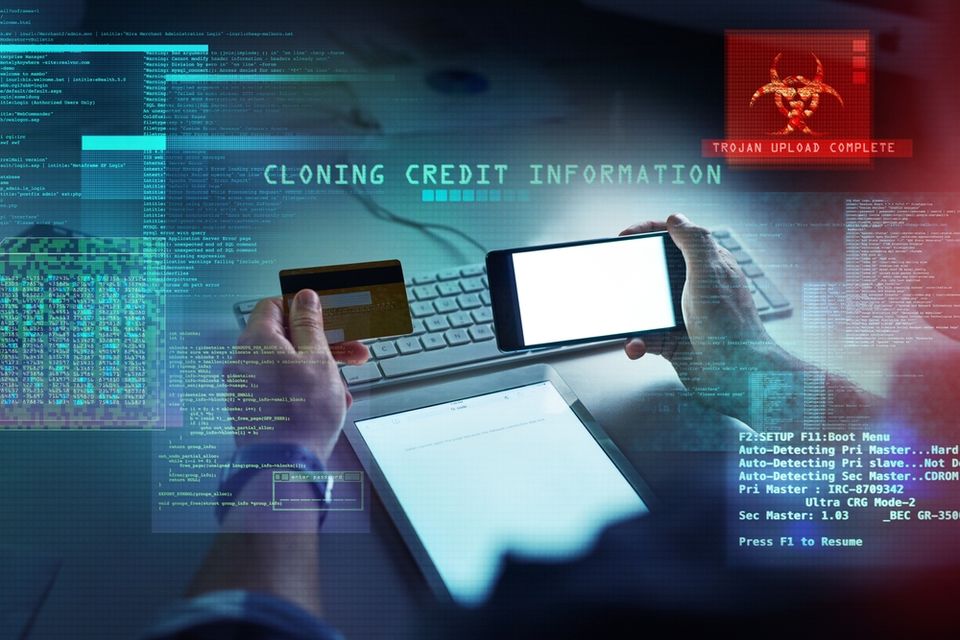
Understanding the Threat: Signs of a Hacked Bank Account
In the current digital age, the security of financial information is more critical than ever. With increasing online banking transactions, the risk of bank accounts being hacked has escalated, causing substantial distress and financial loss to individuals. Recognizing the signs of a hacked bank account is the first line of defense against this growing threat.
One of the most apparent signs is unauthorized transactions on your bank statement. These can range from small, unnoticeable amounts designed to test the waters, to large, significant withdrawals or transfers. Other indicators include receiving notifications for transactions you did not authorize, changes to your account information that you did not make, or being unable to log into your online banking account due to a password change.
Additional red flags can be less direct but equally alarming, such as your computer or mobile device behaving strangely, especially while accessing bank information, or your bank notifying you of login attempts from unfamiliar locations. Even a sudden lack of paper statements could suggest someone has taken control of your account and changed the settings to cover their tracks.
Immediate Actions Upon Discovery
The moment you suspect that your bank account has been hacked, immediate action is crucial. Firstly, contact your bank to report the unauthorized access. This should be your first call, as the bank can take steps to freeze your account, preventing any further unauthorized transactions. They can also guide you through their specific process for handling such incidents.
Next, change all your online passwords starting with your bank accounts, and ensure they are strong and unique. This can prevent further access to your accounts. It’s also wise to review all recent transactions and flag any that are suspicious so that the bank can investigate.
Documenting and Recording Information
In the event of a security breach, maintaining detailed records is vital. Document all unauthorized transactions, including dates, amounts, and any other relevant details. This information will be important when working with your bank to resolve the issue and may also be required by law enforcement if you file a report.
You should also keep a log of all communications with your bank regarding the breach. This includes phone calls, emails, and in-person conversations. Note the time, date, and the name of any representatives you speak with, as well as the advice or information they provide. This record will help ensure that you have a clear timeline of events and can be valuable if there are any misunderstandings or disputes later on.
Securing Other Accounts and Information
After securing your bank account, it’s important to safeguard your other accounts and personal information. Hackers may have accessed more than just your banking details; they could have your email, social media, or other financial accounts in their sights.
Immediately review the security settings on all personal accounts, and consider enabling two-factor authentication where available. This adds an extra layer of security, making it more difficult for unauthorized users to gain access. Furthermore, check your credit reports for any unusual activity, as identity theft is often a companion to bank fraud. If necessary, you can place a fraud alert on your credit file, which notifies creditors to take extra steps to verify your identity before extending credit.
Monitoring and Follow-Up
Following a hacking incident, continuous monitoring of your bank account and credit is essential. Keep a close eye on your account statements, and immediately report any further suspicious activities to your bank. Additionally, monitor your credit report regularly to catch any signs of identity theft early on.
It’s also important to follow up with your bank to ensure that all security breaches have been addressed, and to learn what measures they’ve taken to prevent future incidents. This may include updates to their security systems or additional services offered to victims of hacking.
The threat of bank account hacking is a serious concern in the digital world. By understanding and recognizing the signs of a hacked bank account, such as unauthorized transactions and changes in account information, you can act swiftly to mitigate potential damages.
Immediate actions, including contacting your bank and changing passwords, are crucial steps in securing your information. Documenting all details and communications is essential for resolving the issue effectively. Extending security measures to protect other accounts and monitoring your financial statements vigilantly will further shield you from additional harm.
The aftermath of a bank account being hacked can be stressful and time-consuming, but taking proactive steps to secure your personal information can make the recovery process smoother. By staying informed and vigilant, you can reduce the risk of becoming a victim and ensure that your financial well-being remains intact. Remember, in the fight against cyber threats, knowledge and prompt action are your best allies.